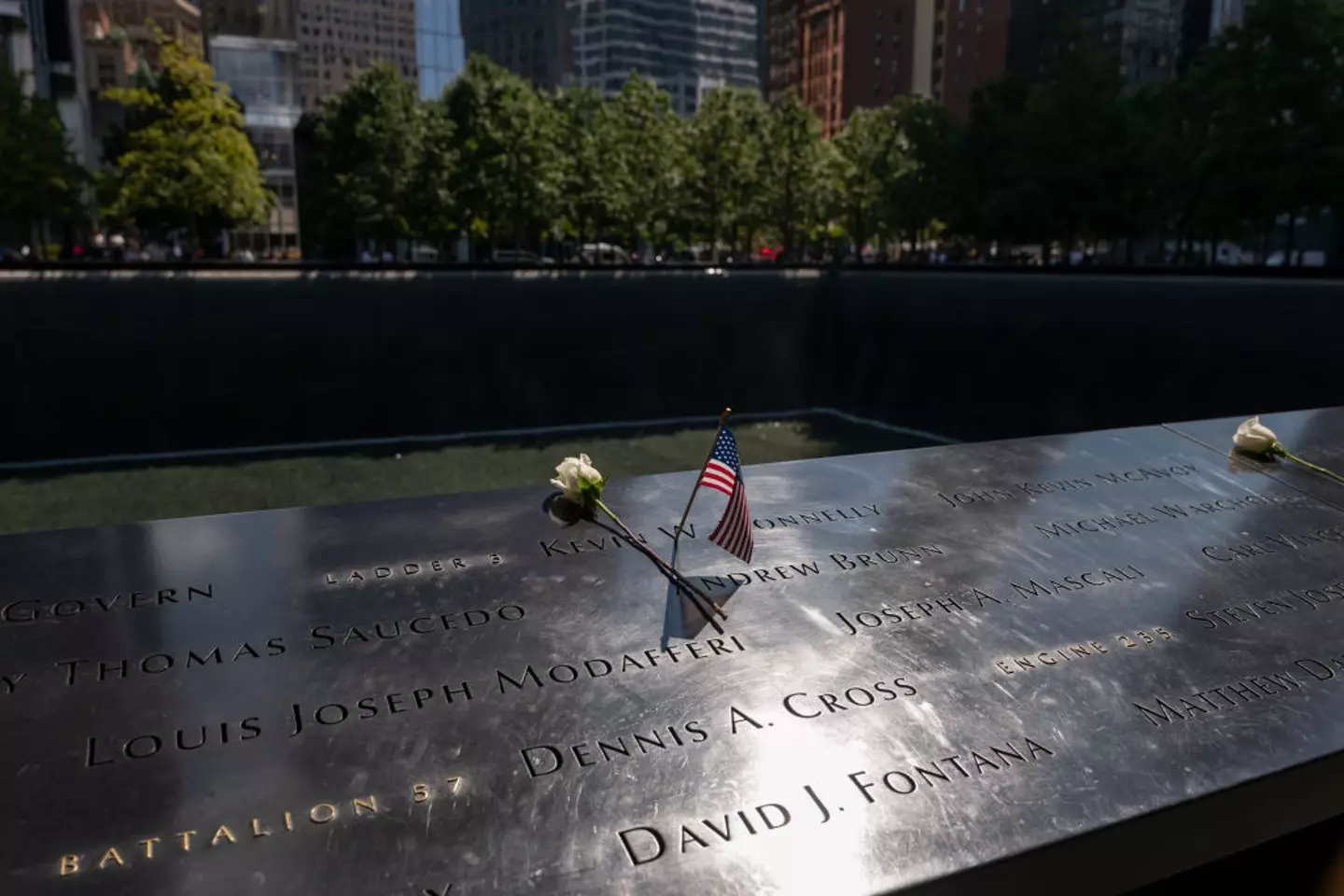
Experts have revealed the heartbreaking reason why thousands of victims of 9/11 have still not been identified 24 years later.
This comes as the lab which is in charge of identifying victims from the tragic events shared that almost half of their work is still unfinished to this day.
The New York Office of the Chief Medical Examiner (OCME) revealed that a total of 1,100 people who died in the Twin Towers are still yet to have their remains confirmed.

Advert
This is due to a lack of sufficient DNA evidence, and there is apparently a very slim chance that they will ever be identified.
According to a report by the Daily Mail, a source explained: “Time and air have changed everything. I don’t know if science would ever be able to find them all.”
The source went on to say that wind in the city blew away a lot the faint traces of human remains and the search became even more difficult when around 1.5 million tons of debris was moved to a landfill in Staten Island.
The source continued: “You don’t know how it was stored. It wasn’t in a vacuum seal. To go back 20 years later, you’re never going to recover everybody.”
A study was published in 2011 by BMC Public Health which detailed how experts had been able to recover 4,257 fragments of human remains and a further 54,000 personal items from the victims in the debris sent to Staten Island.
In a statement, Dr Jason Graham, who is the NYC chief medical examiner, said: “Nearly 25 years after the disaster at the World Trade Center, our commitment to identify the missing and return them to their loved ones stands as strong as ever.”

Now though, after years of contamination and degrading of the remains, it seems more unlikely than ever that the victims will ever been formally identified.
Speaking to NPR, Mark Desire, who is theOCME assistant director of forensic biology, said: “The fire, the water that was used to put out the fire, the sunlight, the mold, bacteria, insects, jet fuel, diesel fuel, chemicals in those buildings - all these things destroy DNA.”
He added that he is still hoping breakthroughs will happen in the future.
Desire continued: “We just keep going back to those samples where there was no DNA. Now the technology’s better and we're able to do things today that even last year we weren’t able to do.”